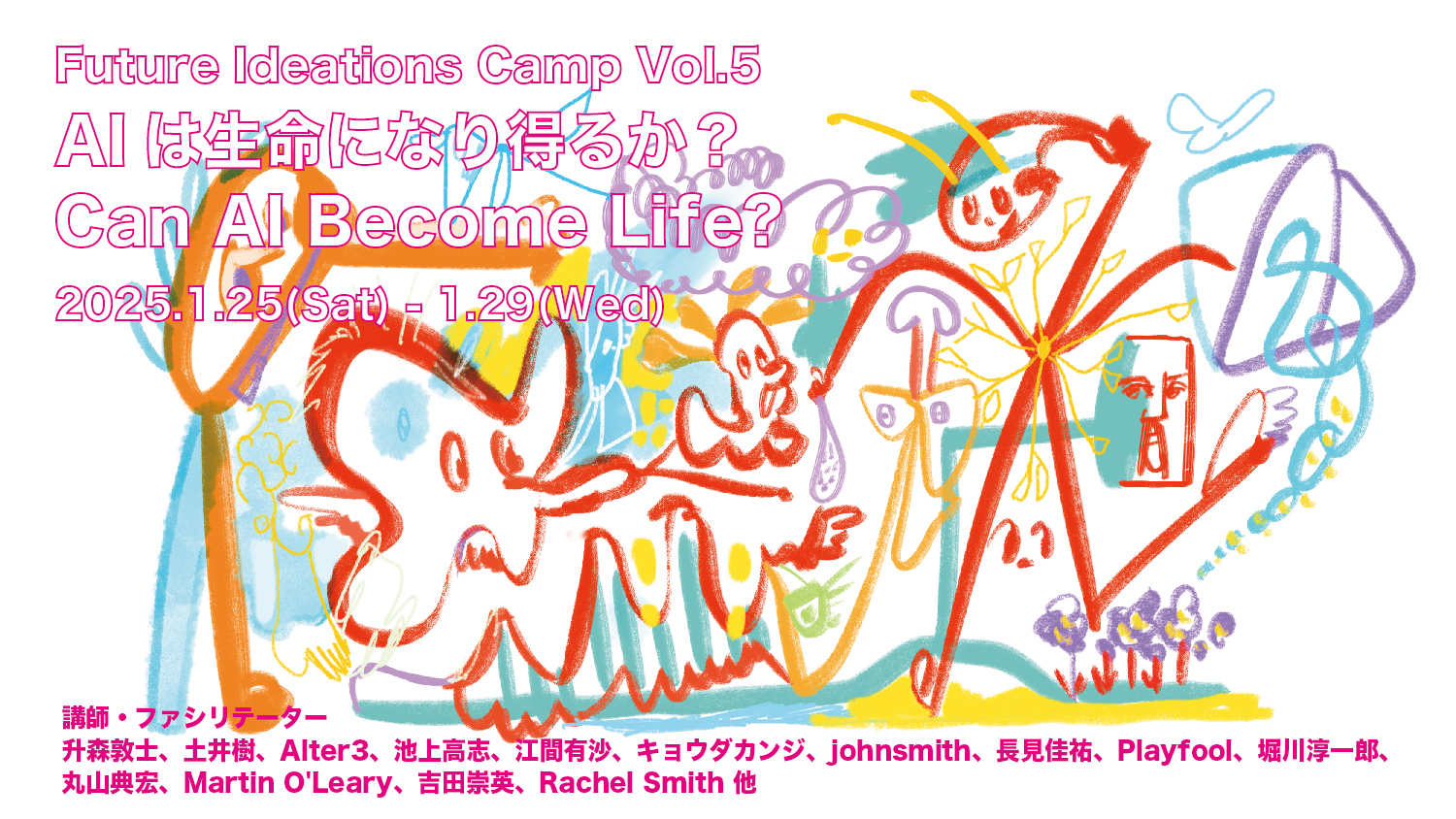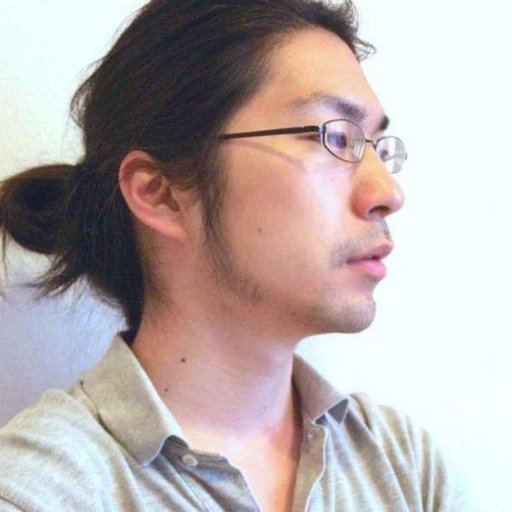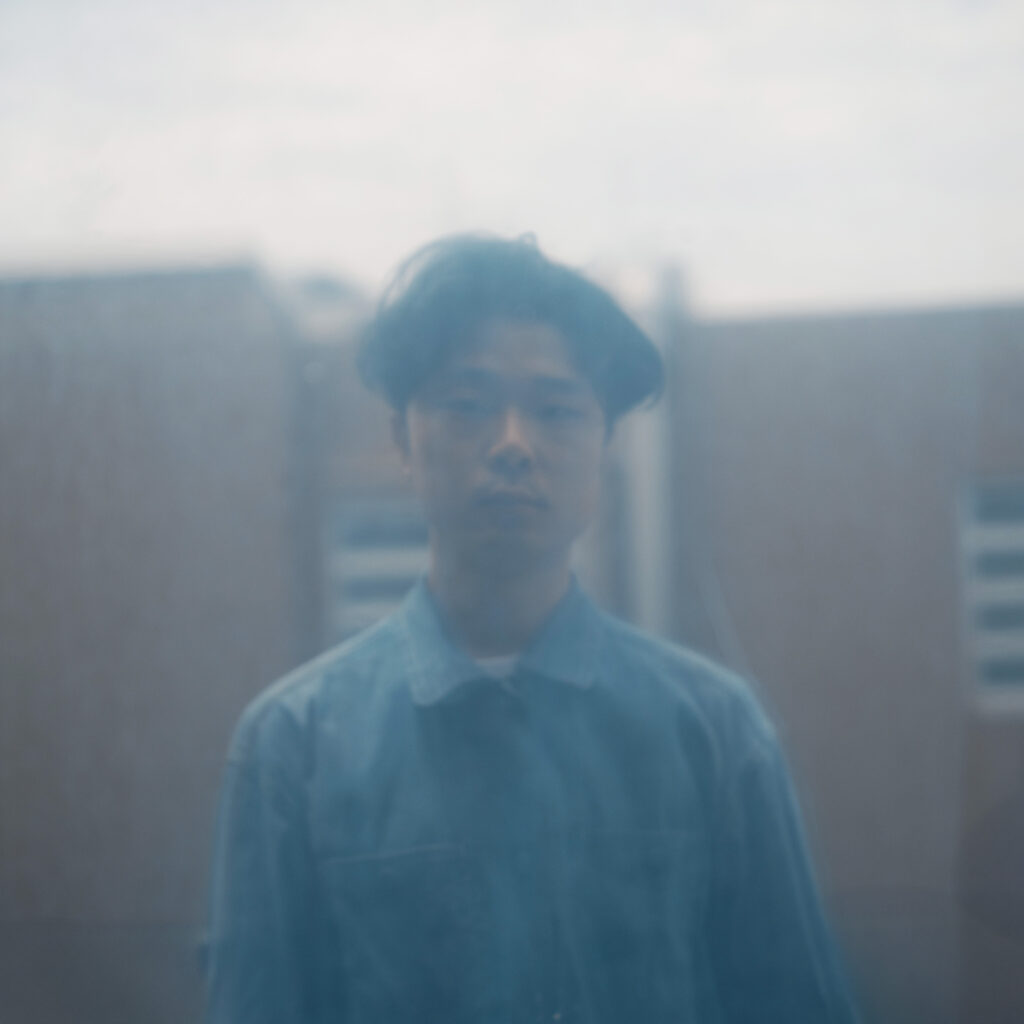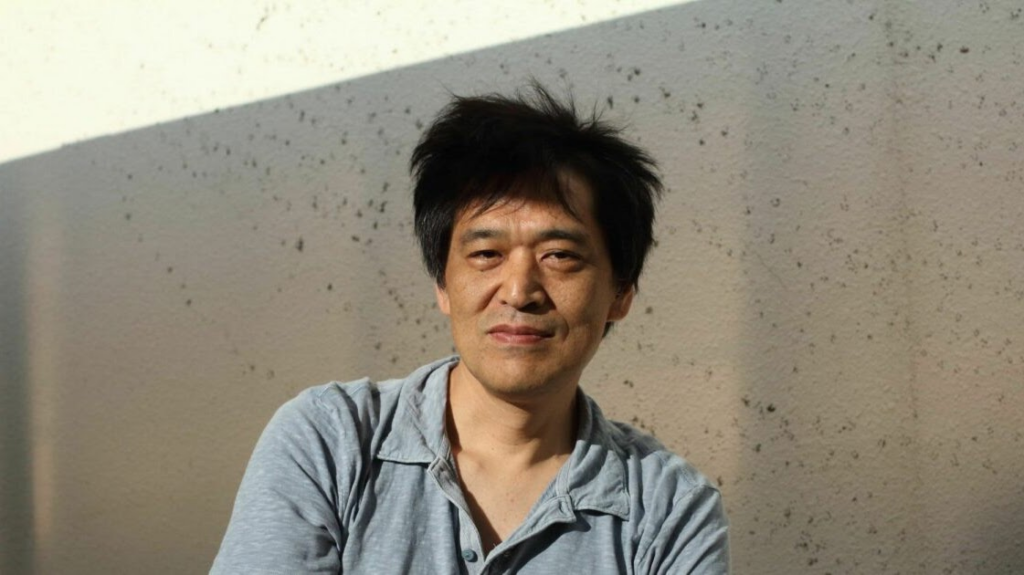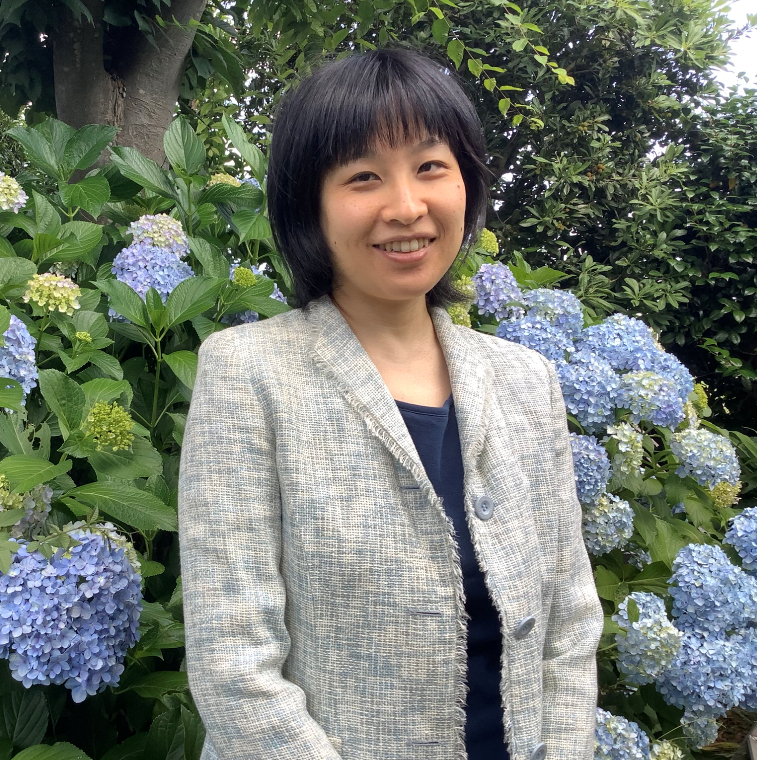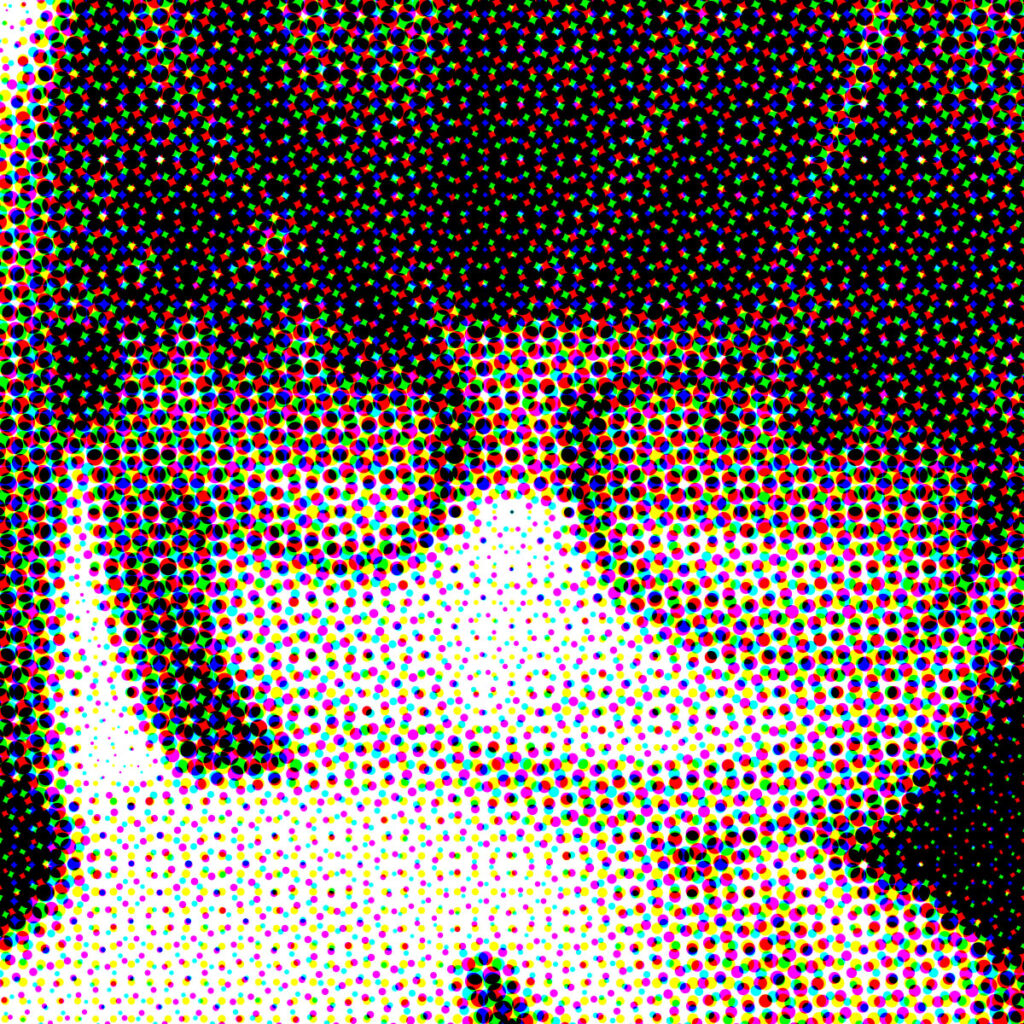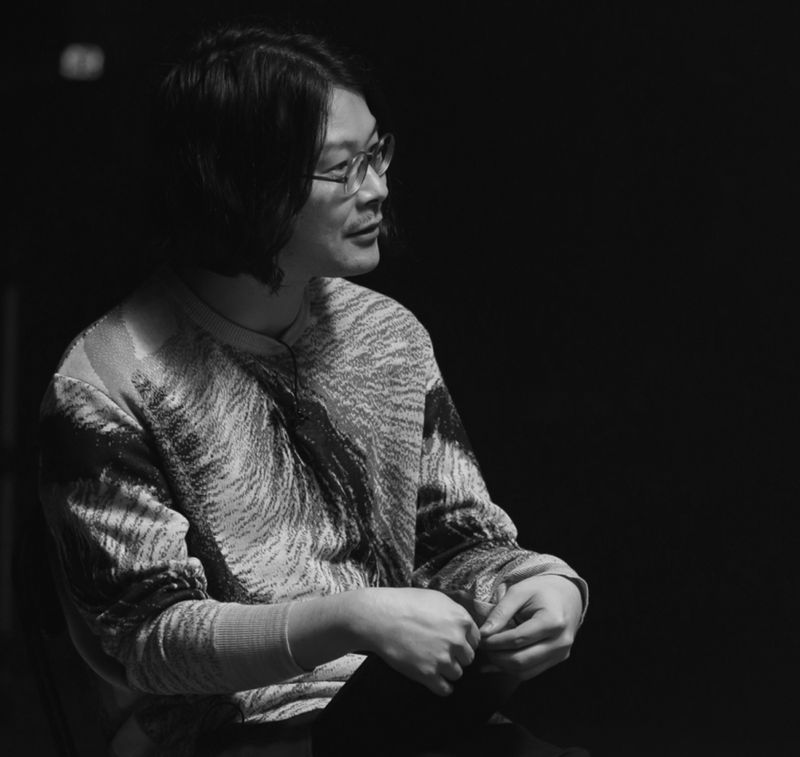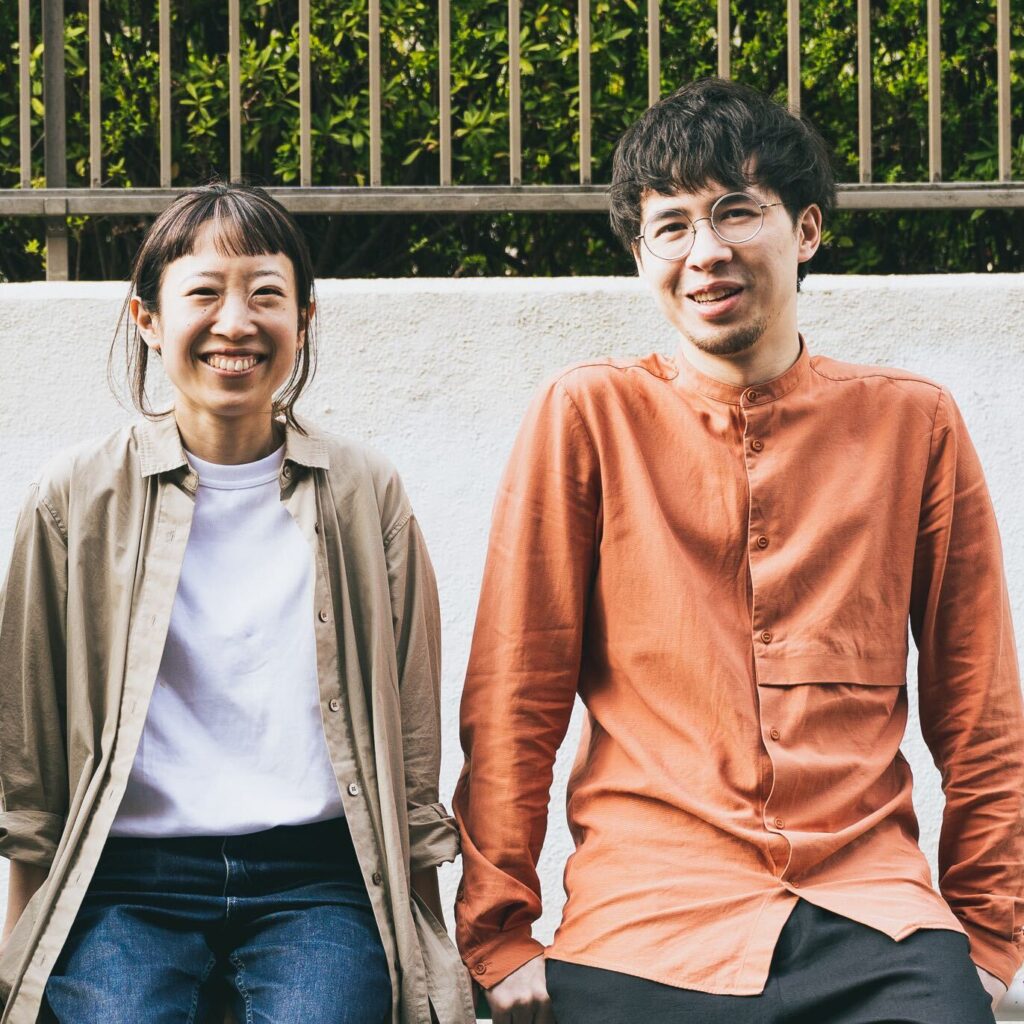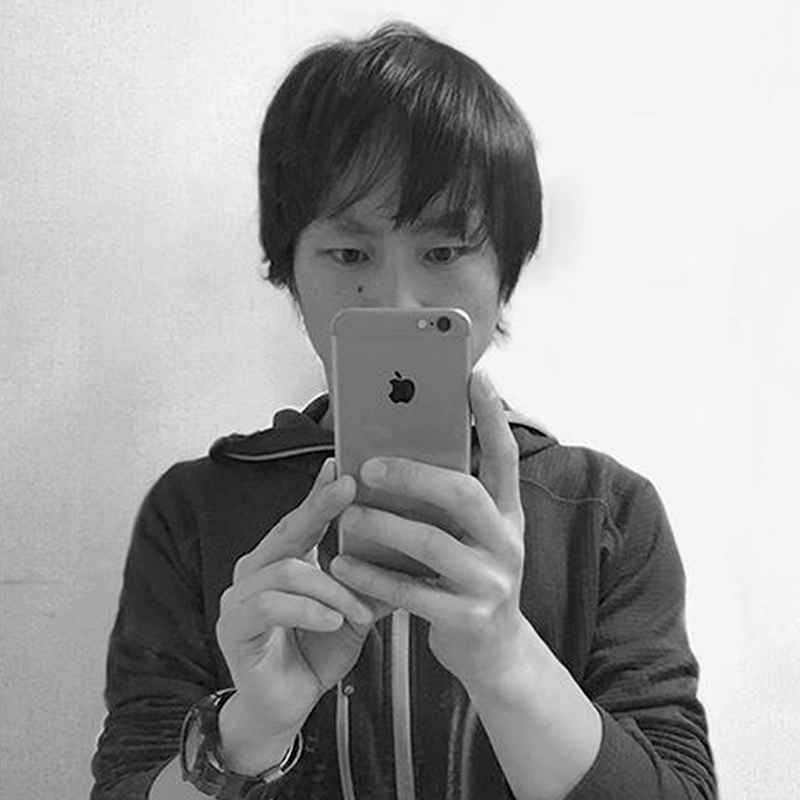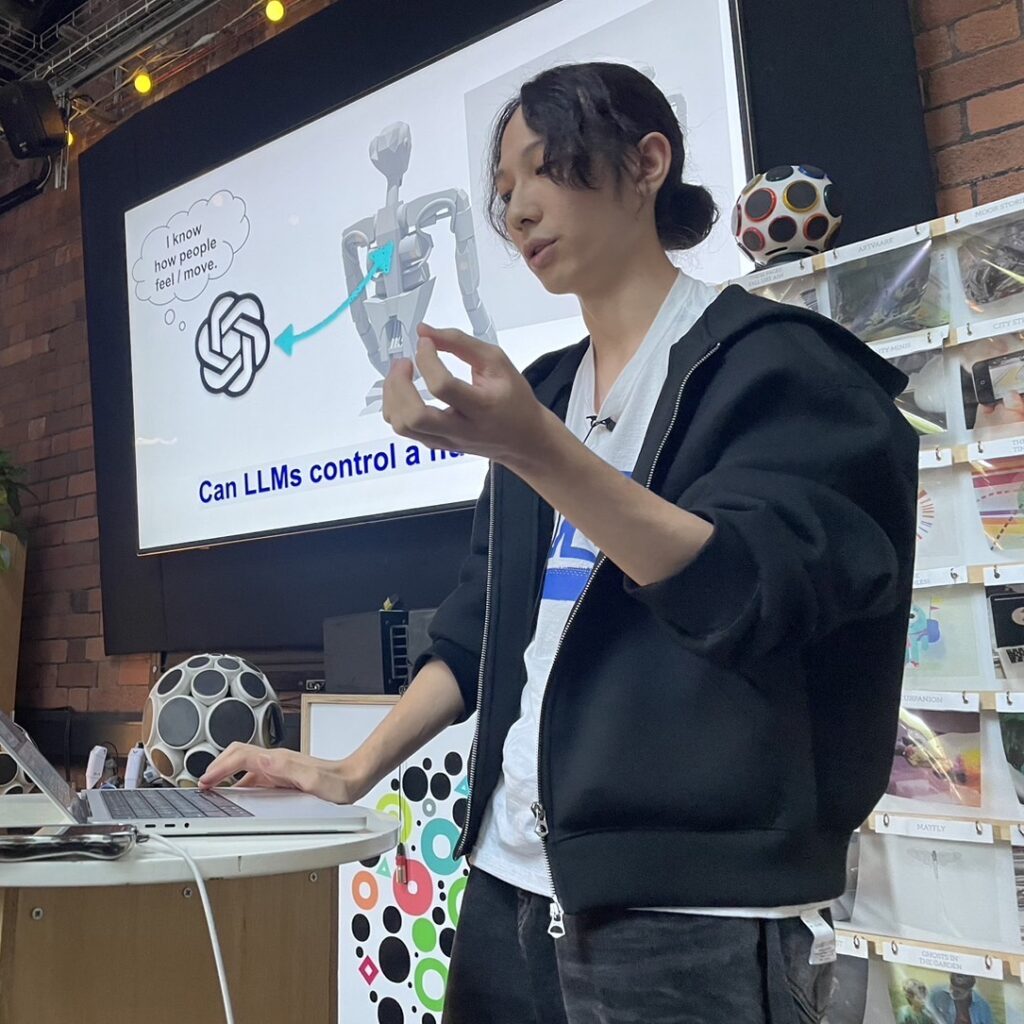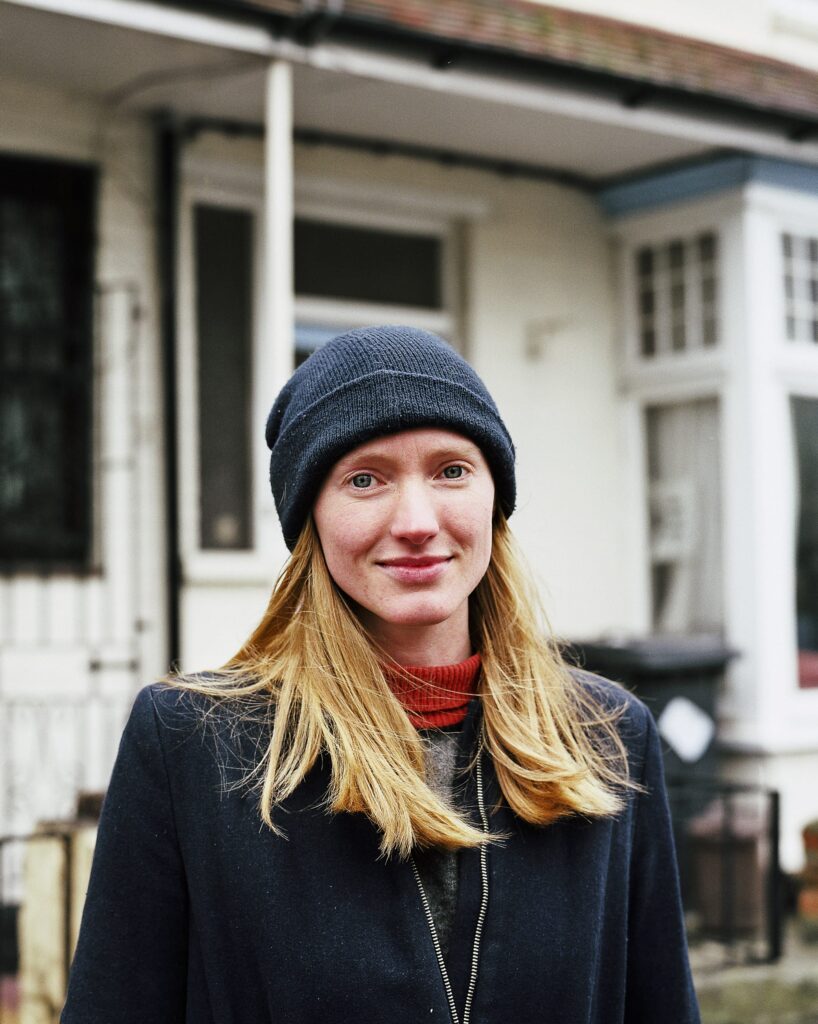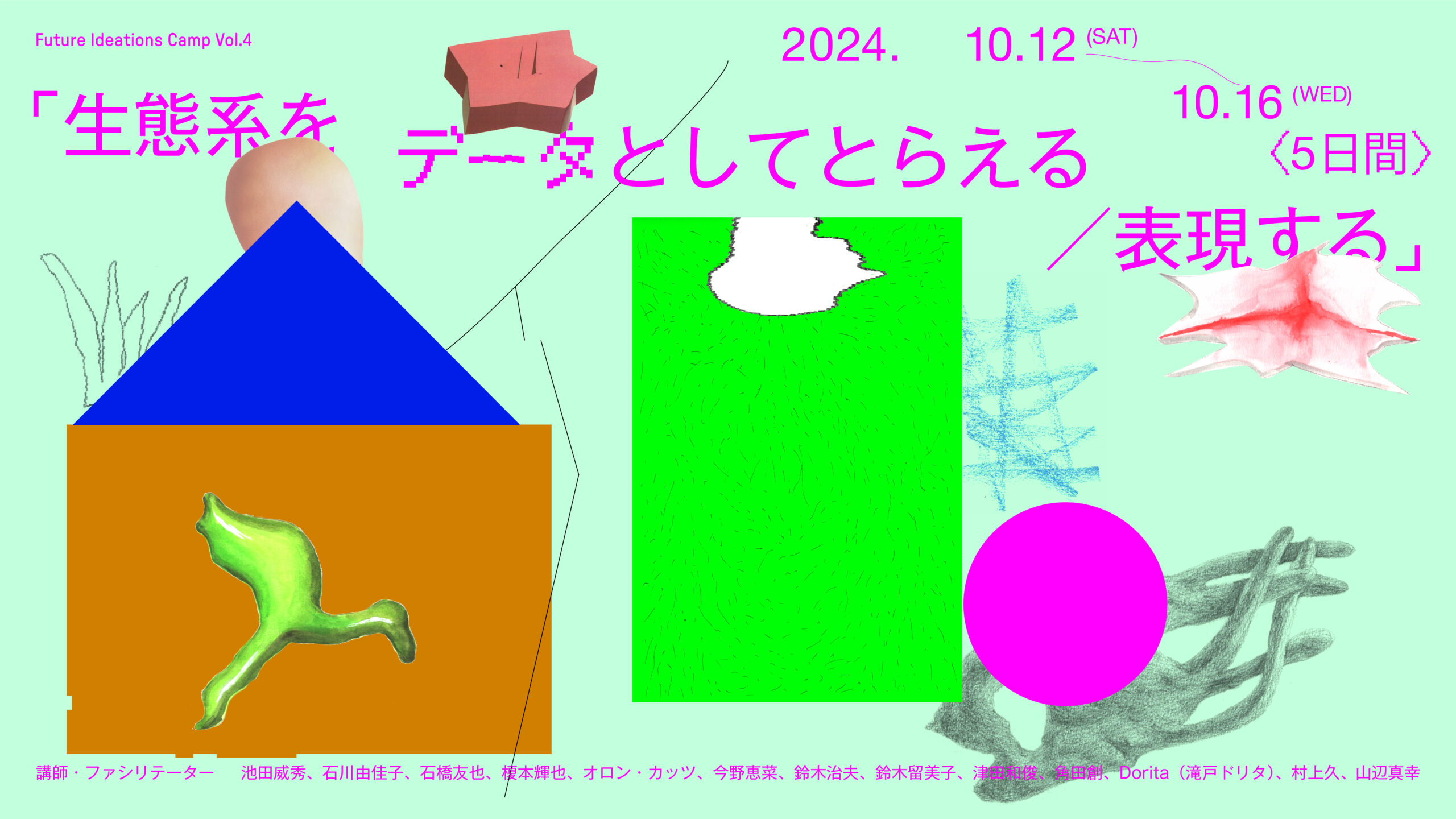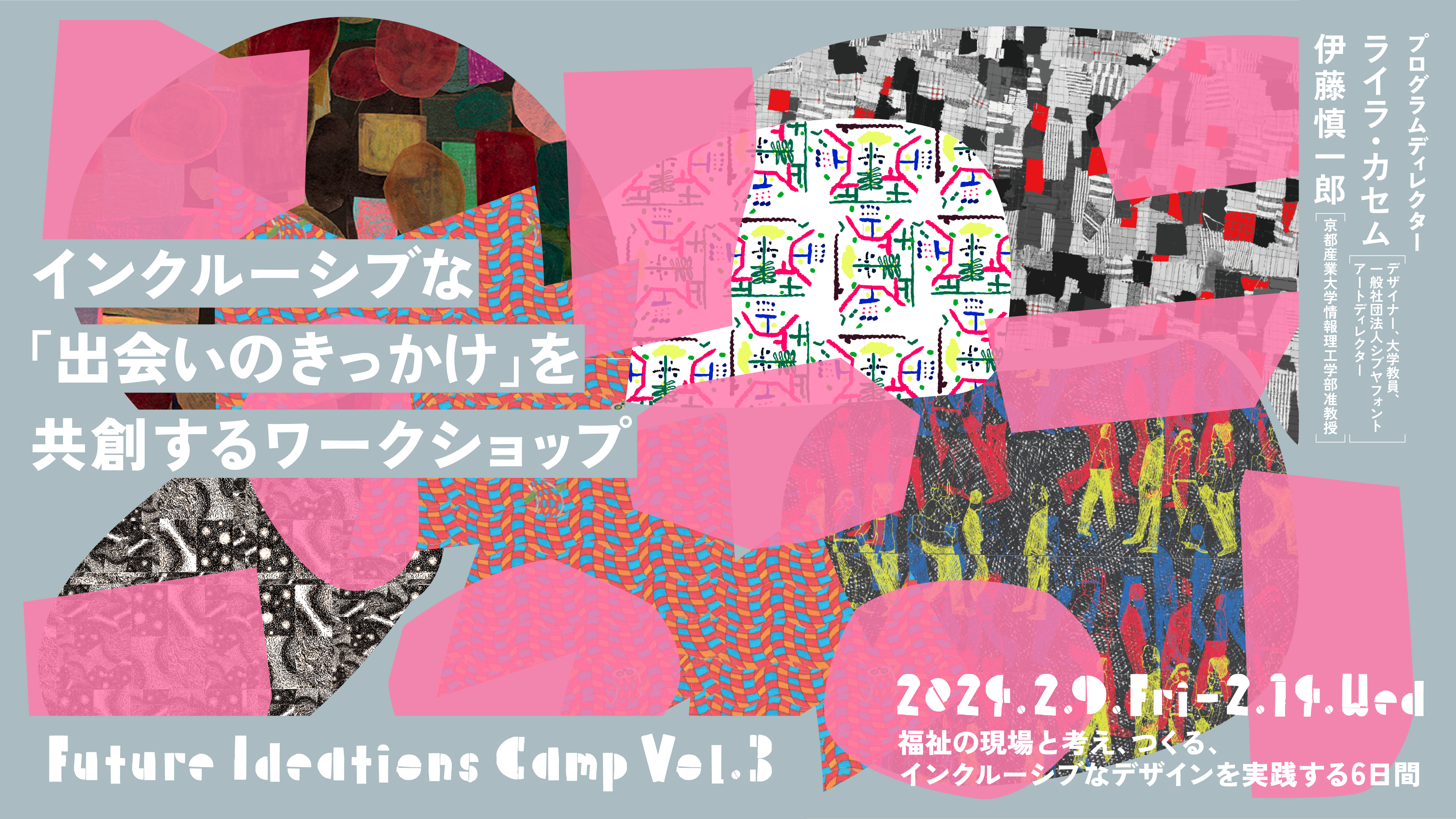Can AI Become Life?
A five-day camp exploring AI and the future relationship between humans and technology. Centering on the concept of autonomy, the camp offers feasible future approaches through collaboration.
Civic Creative Base Tokyo (CCBT)’s Future Ideations Camp is a series of intensive workshops bringing different kinds of people together to work collaboratively and creatively with art and digital technologies. Twenty selected participants take part in several days of lectures to acquire new ways of thinking, workshops for building skill sets, and collaborative group activities. During the camps, the general public are also able to attend talks and presentations of the results.
The fifth Future Ideations Camp will explore the theme of autonomy through the lens of artificial intelligence, a field that is today attracting widespread attention due to its potential impact on society as technology rapidly develops and becomes available for use. The camp will examine our future relationship with technology via references to artificial life (ALife) practices.
Conversational AI like ChatGPT gives users the impression they are communicating with an actual human being. The emergence of such technology spurs an image of a coming society in which machines and humans coexist. So, is GPT “alive”? And what makes us think that we are alive?
This camp hypothesizes autonomy as the element necessary for a nonliving machine to approach a living state, and explores if AI attains life once it gains autonomy. Along with searching for our intelligence and physicality—in short, what makes us human—it envisages a future in which artificial systems might become living and be treated like humans. It deals with a wide range of vital topics regarding the future of technology and the state of society, from ecosystems in the natural world to human rights and ethical dilemmas.
The program is organized under the joint direction of University of Tokyo Takashi Ikegami Lab, which engages with the social applications of information technology as well as ALife research and related theories, and also in partnership with Watershed, a creative technology center in Bristol, UK. The lineup of instructors includes such practitioners as artists whose work explores AI systems and technological contexts, and programmers and fashion designers who take inspiration in their work from the behavior and qualities of life. Through the instructors’ lectures and workshops, participants will learn about AI and ALife technology and theory, and creativity that employs them. Through collaborative group work, the participants will attempt to conceive the rules and systems necessary in future society, and to produce new forms of expression.
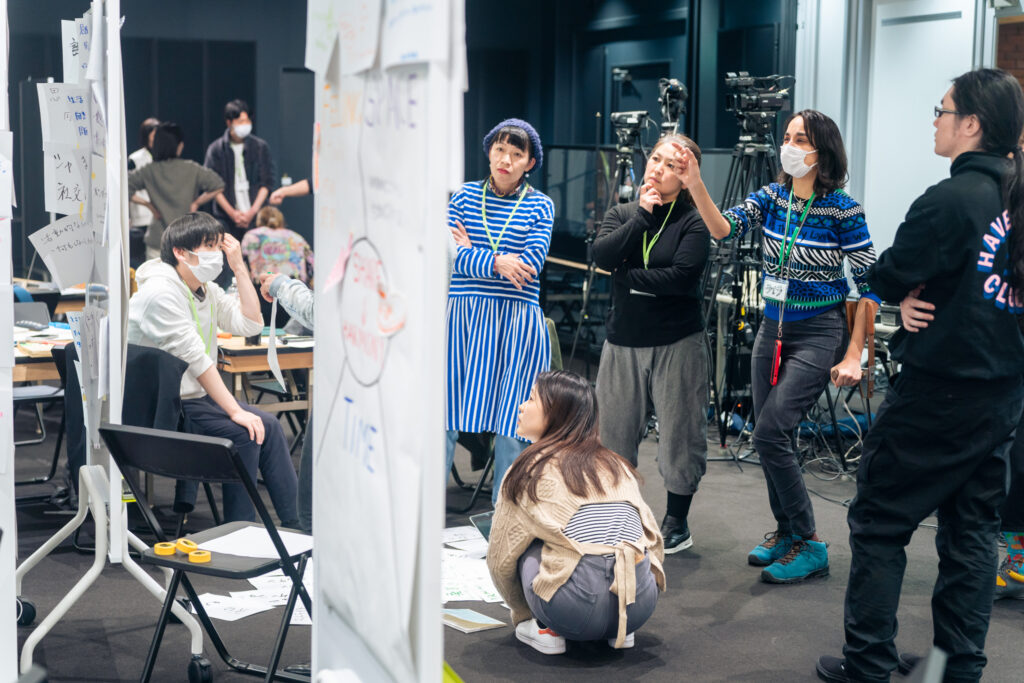
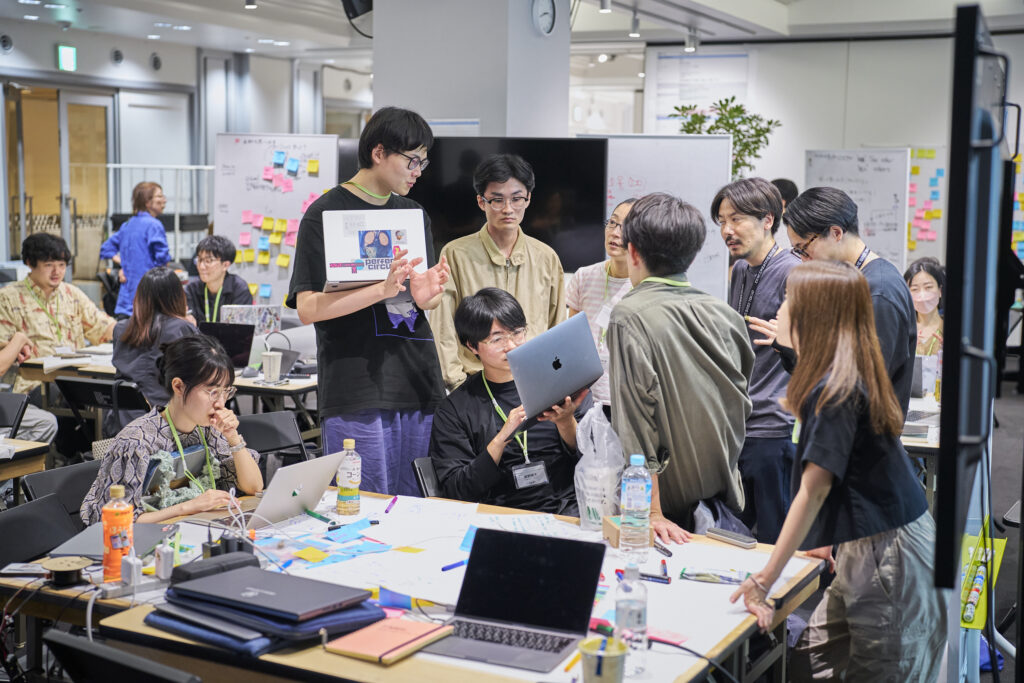
Program Directors
– Masumori Atsushi (ALife researcher, Project Specialist / University of Tokyo Graduate School, CEO / Alternative Machine Inc.)
– Doi Itsuki (Senior Researcher, Alternative Machine Inc., PhD)
Lecturers / Facilitators
– Alter3
– Ikegami Takashi (DSc in Physics, Professor / Department of General Systems Studies, Graduate School of Arts and Sciences, The University of Tokyo)
– Ema Arisa (Associate Professor / University of Tokyo, Visiting Researcher / RIKEN Center for Advanced Intelligence Project in Japan)
– Kyoda Kanji (AI fashion researcher)
– johnsmith (Artist, researcher)
– Nagami Keisuke (HATRA / fashion designer)
– Playfool (Designer, Artist)
– Horikawa Junichiro (programmer, algorithmic designer)
– Maruyama Norihiro (Senior Researcher / Alternative Machine Inc., Project Specialist / University of Tokyo Graduate School)
– Martin O’Leary (Studio Community Lead / Pervasive Media Studio)
– Yoshida Takahide (PhD student / University of Tokyo Takashi Ikegami Lab)
– Rachel Smith (artist, software engineer and creative technologist) and others
Outline
Dates: January 25 (Sat) – 29 (Wed), 2025 11:00 am – 7:00 pm (subject to change)
Results Exhibition: January 30 (Thu) – February 2 (Sun), 2025
Venue: Civic Creative Base Tokyo [CCBT]
Program & Curriculum (TBU)
Day1:AI and Beyond – January 25 (Sat)
Introduction
Participant self-introductions
AI Lecture (Lecturer: Ema Arisa)
AI Hands-on workshop (Lecturers: Masumori Atsushi, Doi Itsuki)
Keynote lecture (Lecturer: Ikegami Takashi) *TBA
Day2:ALife? – January 26 (Sun)
Autonomy workshop (Facilitator: Playfool)
ALife Hands-on workshop (Lecturers: Masumori Atsushi, Doi Itsuki)
Day3:Creative Implementation – January 27 (Mon)
Lectures, Hands-on workshops and more (Lecturers / Facilitators: Martin O’Leary, Rachel Smith, Horikawa Junichiro, Nagami Keisuke)
Brainstorming for group work
Day 4 – January 28 (Tue)
Co-creating in groups
Interim presentations
Day 5 – January 29 (Wed)
Co-creating in groups
Final presentations (Results Exhibition: January 30 (Thu) – February 2 (Sun), 2025)
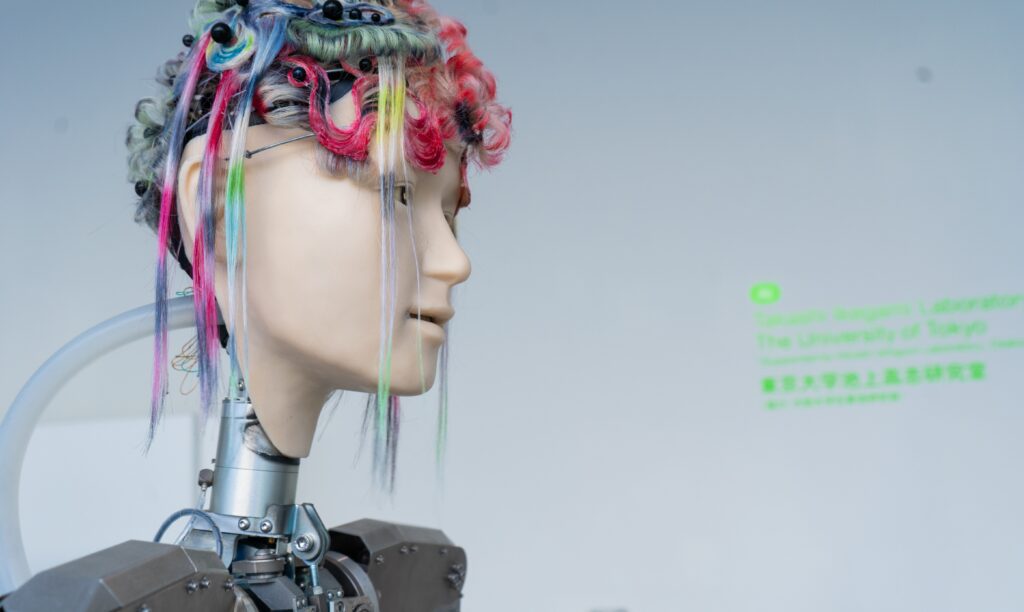
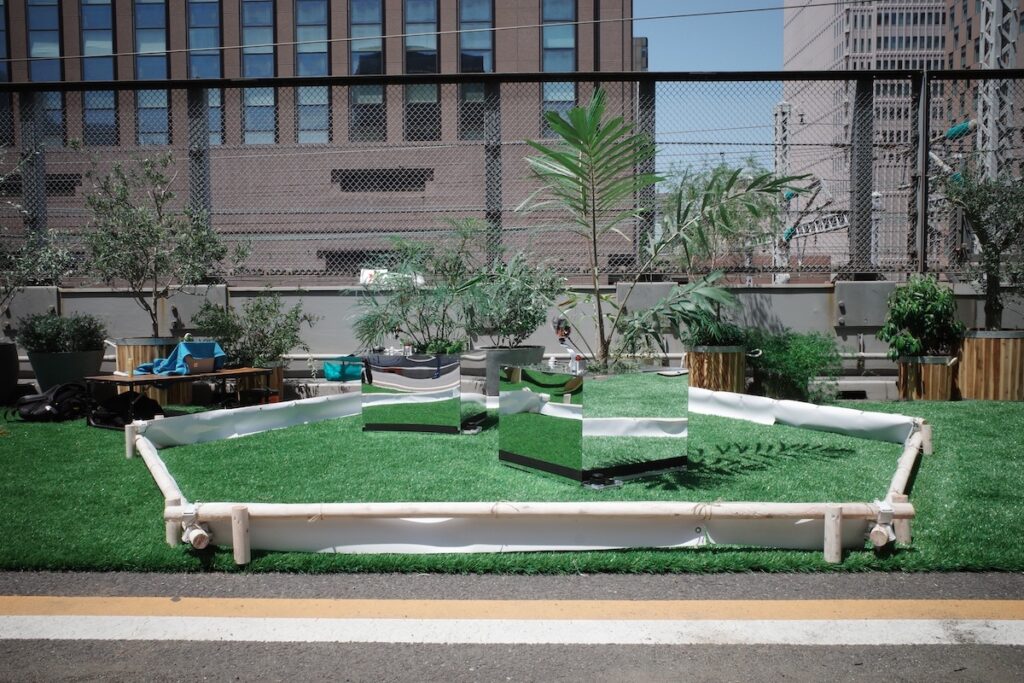
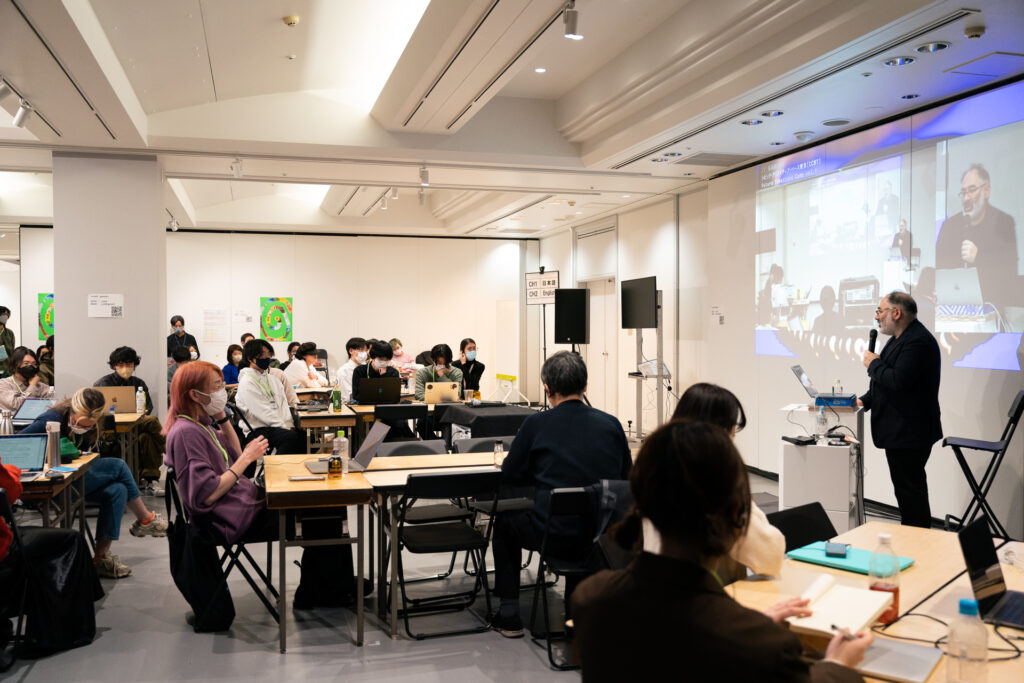
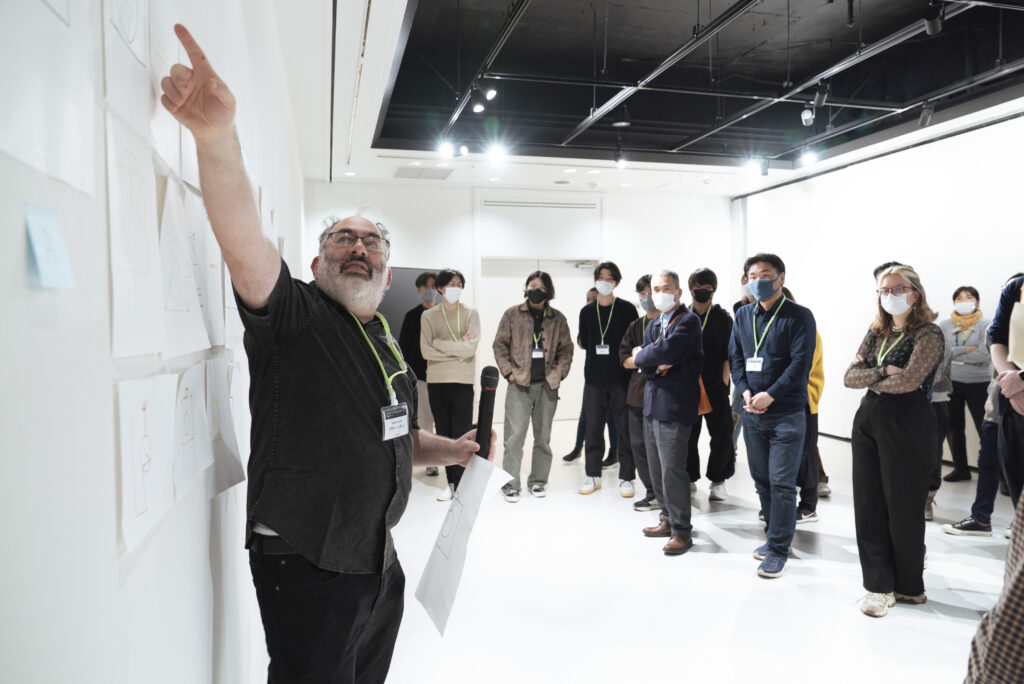
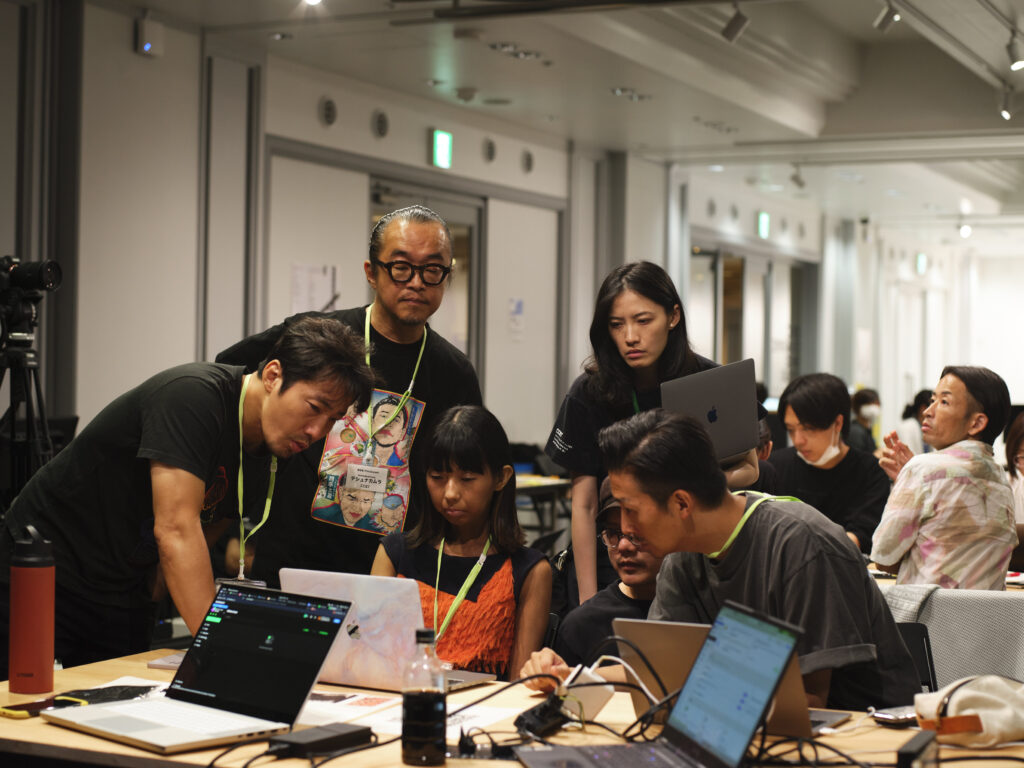
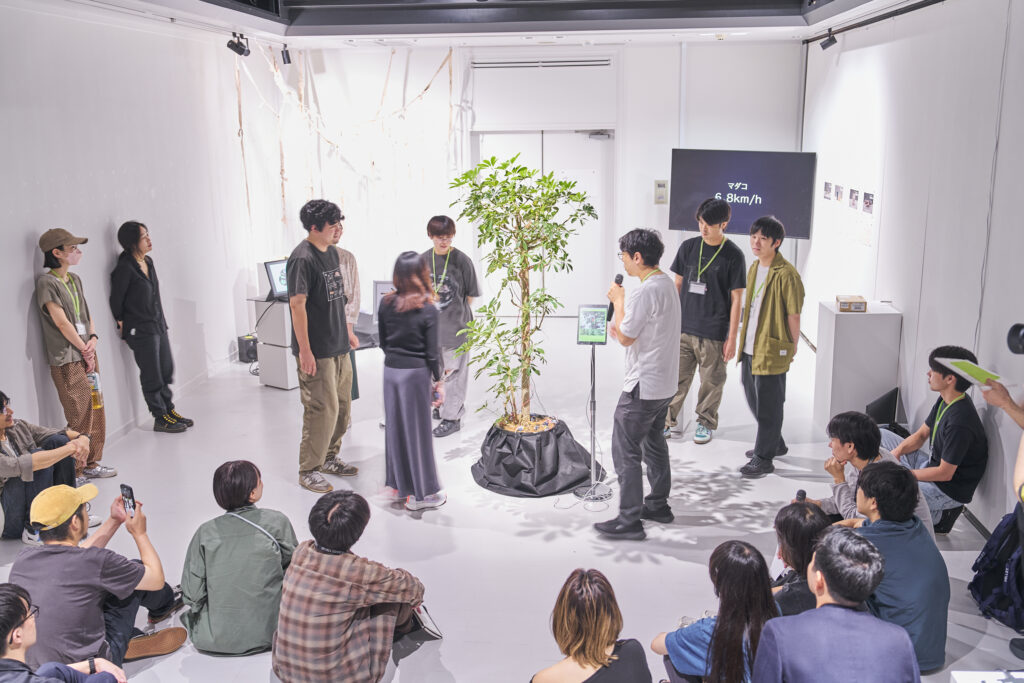
Application Guidlines
Application Period: December 5 (Thu) – 19 (Thu), 2024 *Application closed
Participant Numbers: Around 20
Participation Requirements
– Be able to participate in the whole program during the session
– Have a proven track record of research or creative activities
– Be able to apply the content of the workshop to their own future activities
Target Participant
– Those interested in using AI and ALife technology to explore new forms of creativity
– Those interested in the use of AI technology not only for creative expression but also in the fields of welfare, education, and economics
– Those interested in developing software and hardware with the characteristics of life
– Those who want to explore social and ethical issues in the age of AI from the perspective of creativity
– Anyone interested in ideas and mindsets related to digital transformation
– Those who want to explore what lies beyond AI
Selection Criteria
In case of too many applications, selection will be made based on the application.
Result Notification
The result will be notified through email on December 24th, 2024. (subject to change)Application Process
Please apply via the application form.
Alternatively, please send an email (ccbt@rekibun.or.jp) including the following items with “Future Ideations Camp Application” in the subject line.
– Full Name
– Email Address
– Date of Birth
– City of Residence
– Occupation / Affiliation
– Areas of expertise (Art & Contemporary Art, Design, Product Design, Project Development, Engineer, Architect / Interior Design, Education, Public Administration, Biology, Physics, Humanities, Environmental Studies, Philosophy, Others)
– Wether or not you have experience using and utilizing generative AI and large-scale language models (LLMs) and the specifics of your
– Reasons and expectations of your participation in this camp (200 words or less)
– Please indicate if you need any accessibility support. (Examples: Finger braille interpretation, Tactile sign language interpretation)
– State the link, if you have a portfolio, video materials, websites, or GitHub that introduces your initiatives.

